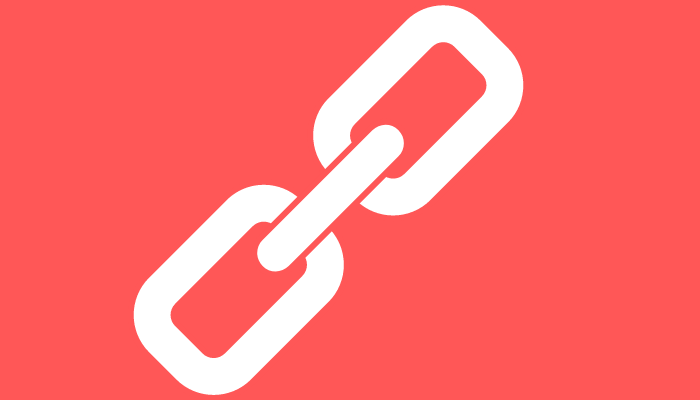It is not a surprise anymore that the blockchain technology is being hailed as the greatest innovation of the 21st century. As you can see from the infographic below provided by BitFortune, it is poised to cause a lot of transformations in all sectors of the world.
In fact, with an open and decentralized ledger that can’t be tampered with, many see it as the solution to some of the world’s most notorious problems related to cybersecurity and transparency.
Blockchain-Based Voting System
Some countries are already considering this technology as a possible resolution to some of the common public issues. For example, they are testing it to see if it would be possible to run blockchain-based elections, because this technology allows for the creation of time-stamped and signed records that are publicly viewable and impossible to alter or delete.
As election malpractices or voter rigging become widespread even in developed countries, the blockchain technology seems to be answer to this vice.
Further, with the transparent and immutable nature of this technology, governments can wipe out corruption by storing all government documents or records on a blockchain where everybody can see them.
The closest city to turn this into reality is Dubai, which plans to have all its government documents stored on a blockchain system by 2020.
Other Problems Blockchain Is Poised To Solve
Although there’s much fear in public about criminals using cryptocurrencies to money launder, the way cryptos were designed makes it quite hard for this to happen or even for one to hack an account.
For example, even though Bitcoin offers user privacy in its transactions, it has been discovered that these transactions can be traced back to a particular individual by a 60% margin.
Besides, blockchain and cryptos regulations will soon to be put in place, and when this happens, it will become much harder for cybercrime to flourish, as there will be many stakeholders monitoring the system.
This is why banks also need to start using blockchain to store their clients’ information because not only will this securely protect it, but also quicken the process of making transactions. Middlemen will be cut out, and verifications will be faster.
Those seeking health care will enormously benefit from hospitals having their entire health history in one place, which will thus quicken the process of medical treatments. Additionally, the fear of someone tampering with one’s medical history or health results will be ruled out.
For example, healthcare API platform PokitDok uses Dokchain, a healthcare blockchain-based solution, to provide a secure patient system data from different sources, like EMRs and pharmacies.
When it comes to the energy sector and the worries over global warming, blockchain can promote alternative energy sources and shared energy by enabling innovations in the transaction process due to its decentralized nature.
In 2017, Solar Coin and South Africa’s Bankymoon solved the power shortage problem in schools. It was crowdfunding with Bitcoin donation method by using the smart meter.
Additionally, KWATT coins by 4NEW startup will soon be used to buy and sell energy generated from waste.
As many more sectors continue to adopt the use of blockchain, lots of real-world problems are bound to be solved. But whether all of them will be solved, only the future can tell.








